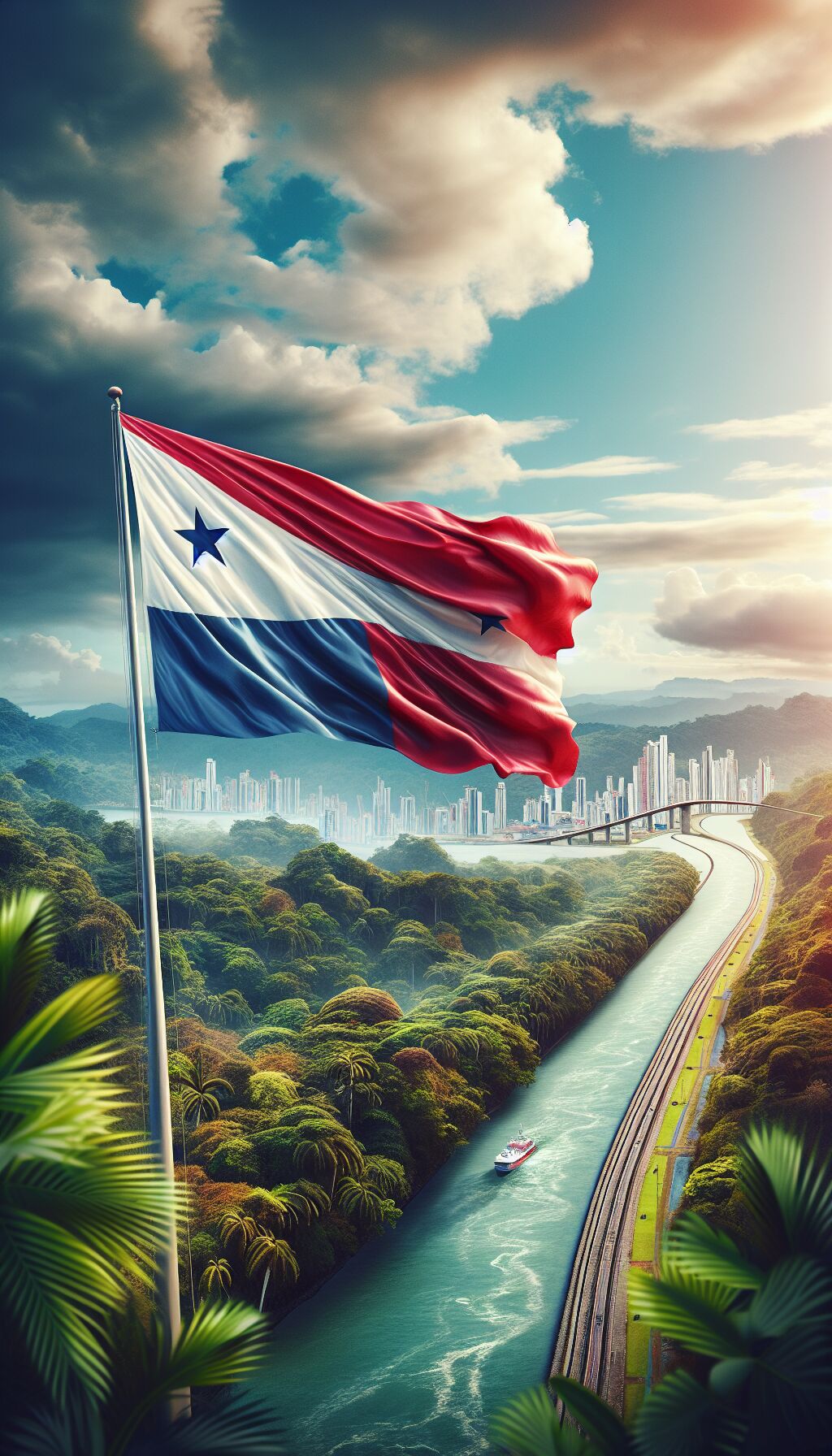Panama’s President Responds to Trump’s Claims on the Canal
In a striking development, Panama’s President José Raúl Mulino has issued a firm response to remarks made by U.S. President-elect Donald Trump regarding the future of the Panama Canal. Trump’s comments, made during a recent appearance, suggested that his administration might seek to reclaim control of the canal, a vital waterway that was handed over to Panama in 1999 after nearly a century of U.S. administration.
The Context of Trump’s Remarks
During a speech on Sunday, Trump expressed his dissatisfaction with the fees imposed on U.S. ships traversing the canal. He claimed that the United States “foolishly gave it away” and lamented that the U.S. was “being ripped off” by the tolls charged for passage. As speculation about his administration’s potential policies mounted, Trump’s remarks reflected a perspective that many in Panama found alarming.
President Mulino’s Rebuttal
In a video response, President Mulino emphatically asserted that “every square meter of the canal belongs to Panama and will continue to belong” to his nation. Without directly naming Trump, Mulino addressed the President-elect’s complaints about the rising fees for ships crossing the canal, stating that the tolls are calculated by experts who consider operational costs as well as the laws of supply and demand.
“The tariffs are not set on a whim,”
Mulino stated, emphasizing the professionalism behind the toll-setting process.
He further noted that Panama has undertaken significant expansion projects for the canal over the years, which have allowed for greater ship traffic. According to Mulino, the increases in shipping fees are essential for funding continued improvements and maintaining the canal’s infrastructure.
A Sovereign Matter
Reflecting on national sentiment, Mulino remarked, “Panamanians may have different views on many issues, but when it comes to our canal and our sovereignty, we will all unite under our Panamanian flag.” This unambiguous statement underscored the importance of the canal to the identity and pride of the Panamanian people.
Trump’s Continued Provocations
In a follow-up to Mulino’s statements, Trump used his own social media platform to respond, saying, “We’ll see about that!” Accompanying his remark was a provocative image of a U.S. flag planted in the canal zone, coupled with the text, “Welcome to the United States Canal!” This post reignited tensions between the two nations and sparked discussions about the implications of Trump’s stance.
The Economic Realities of the Canal
Trump’s grievances about canal fees were not without basis. Boats traveling through the Panama Canal are charged varying tolls, which can range dramatically from three to six figures depending on the size of the vessel and the amount of cargo it carries. For the largest ships, the fees can reach as high as 0,000.
The canal, built by the United States in the early 1900s, has long been a strategic asset for maritime commerce and military logistics. However, it has also faced challenges in recent years, exacerbated by environmental factors such as droughts in Central America, which have impacted operations in 2023. These conditions forced authorities to limit the number of daily crossings, resulting in further fee increases as demand taxed the available slots.
Future Prospects and Concerns
As weather conditions begin to normalize toward the end of this year, it is expected that transit levels may return to previous routines; however, shipping fees are anticipated to continue on an upward trajectory in 2024. The economic viability of the canal remains a critical topic for both Panamanian leadership and international shipping enterprises.
In conclusion, as Trump prepares to assume office in January, the dialogue surrounding the Panama Canal and the sovereignty of Panama is sure to evolve. With both nations holding strong to their respective narratives, the matter of the canal is likely to remain a focal point of diplomacy and international relations.
Conclusion
As an emblem of national pride for Panama and a historical relic of U.S. intervention, the Panama Canal stands at the crossroads of geopolitics, economic realities, and national identity. Moving forward, how both nations navigate this sensitive issue will be crucial for constructive engagement and mutual respect.
